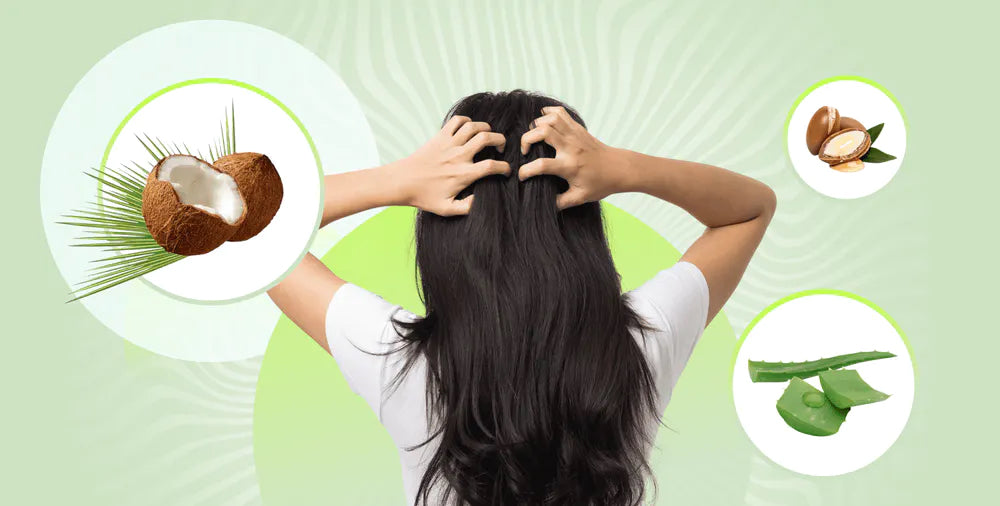During pregnancy, it's important to consume a balanced diet that provides essential nutrients for both the mother and the developing baby. One beverage that has gained popularity in recent years is matcha, a powdered green tea that offers numerous health benefits. In this blog post, we will explore the nutrients found in matcha and how it can support a healthy pregnancy.
The Power of Matcha
Matcha is made from the leaves of the Camellia sinensis plant, which are ground into a fine powder. Unlike regular green tea, matcha is consumed in its entirety, allowing you to reap the maximum benefits of its nutrients.
Rich in Antioxidants
Matcha is packed with antioxidants, including catechins, which help protect the body against free radicals. These antioxidants can help reduce inflammation and oxidative stress, which are common during pregnancy.
Boosts Energy Levels
Pregnancy can often leave women feeling fatigued. Matcha contains a moderate amount of caffeine, which can provide a natural energy boost without the jitters associated with coffee. It also contains L-theanine, an amino acid that promotes relaxation and mental clarity.
Key Nutrients in Matcha
Matcha is a nutritional powerhouse, offering a wide range of essential nutrients that are beneficial during pregnancy:
- Iron: Matcha is a good source of iron, which is important for the production of red blood cells and preventing iron-deficiency anemia.
- Calcium: Calcium is essential for the development of the baby's bones and teeth. Matcha provides a natural source of calcium.
- Folate: Folate is crucial for fetal development, particularly in the early stages of pregnancy. Matcha contains a significant amount of folate.
- Vitamin C: Matcha is rich in vitamin C, which supports the immune system and aids in the absorption of iron.
- Antioxidants: As mentioned earlier, matcha is loaded with antioxidants that help protect cells from damage and support overall health.
How to Incorporate Matcha into Your Pregnancy Diet
When consuming matcha during pregnancy, it's important to do so in moderation. While matcha offers numerous benefits, it does contain caffeine, which should be limited during pregnancy. Here are a few tips for incorporating matcha into your diet:
- Choose high-quality matcha: Look for organic, ceremonial-grade matcha to ensure you're getting the best quality and flavor.
- Limit caffeine intake: Stick to one cup of matcha per day to keep your caffeine intake within a safe range.
- Pair matcha with other nutritious foods: Consider adding matcha to smoothies or mixing it with almond milk for a nutrient-packed beverage.
- Consult with your healthcare provider: If you have any concerns or questions about consuming matcha during pregnancy, it's always best to consult with your healthcare provider.
Conclusion
Matcha can be a valuable addition to a healthy pregnancy diet. Its rich nutrient profile, including antioxidants, iron, calcium, folate, and vitamin C, make it a beneficial choice for expectant mothers. Remember to consume matcha in moderation and consult with your healthcare provider if you have any concerns. Enjoy the many benefits of matcha while nurturing yourself and your growing baby!
< Read the Previous Blog (Matcha and Pregnancy Digestion)




